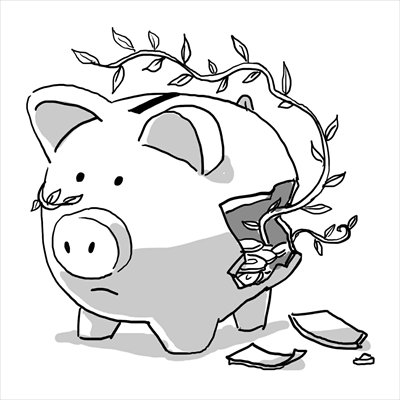Time for Beijing and Tokyo to renew chilled economic and political ties

Illustration: Liu Rui/GT
The territorial dispute over the Diaoyu Islands has in recent years plunged Sino-Japanese relations into the unprecedented predicament of both stagnant diplomatic ties and poor trade ties. However, it is still widely believed that economic affairs could be the key to improving the critical bilateral ties between the world's second and third largest economies.
Despite Japanese Prime Minister Shinzo Abe's engagement in formulating ambitious security strategies, his biggest concern still lies in dragging the sluggish economy back on track.
Nevertheless, he has committed a grave mistake by seeking to make substantive progress in national economic reforms via military development which has helped him concentrate power and win public support.
The first two arrows of "Abenomics" - a massive fiscal stimulus and aggressive monetary easing - have spurred Japanese economic growth and increased its exports. But now Japan sees that the third arrow of belated structural reform - winding back economic regulations and protectionism - will likely misfire due to strong opposition from both within and outside of the Liberal Democratic Party.
In such circumstances, Tokyo should not neglect the fact that Beijing is still willing as well as able to be a vital partner for Japan to achieve common prosperity.
Japan's exports to China increased by 21.3 percent in October on a year-on-year basis. And in November, Chinese Vice Premier Wang Yang received the delegation of the Japan-China Economic Association led by Fujio Cho, honorary chairman of the Toyota Motor Corporation, which was viewed by many as a positive signal of mending the bilateral relations.
It seems that Beijing has softened its stance by agreeing to start from economic and trade ties.
Nowadays, many Chinese observers talk about Japan's heavy dependence on China for economic development, but in actuality Japan has long been an important partner of China in its modernization drive.
In October 1978, former Chinese leader Deng Xiaoping traveled to Japan before visiting the US, and he compared his Japan trip to the voyage of Xu Fu, a court sorcerer in the Qin Dynasty (221-206BC), to look for "the elixir of life" in ancient Japan. The elixir Deng longed for was nothing less than Tokyo's secret recipe for success during its postwar modernization.
Aside from advanced technologies, Deng also attached importance to managerial expertise. For instance, he once invited Konosuke Matsushita, founder of Panasonic, and Yoshihiro Inayama, the steel magnate, to help China improve management skills and the quality of its products.
At the moment, the Japanese economic circle is launching the "China plus one" strategy by seeking other nations, in order to evade risks and decrease its dependence on China.
Japanese investment in ASEAN jumped by 55 percent from the first half of 2013 from the year before to $10.3 billion, which is over two times more than that of investment in China.
However, its enterprises have found that China has more advantages, with a well-educated labor force, a relatively complete industrial chain, a huge domestic market, and a burgeoning middle class. Besides, Beijing has a benign business environment compared to most ASEAN countries.
All these factors have driven Tokyo to try to share in its giant neighbor's prosperity over the next decade.
Both China and Japan will rely on a deeply integrated Asia for prosperous development in the coming decades, and their cooperation is key to promoting Asian integration.
Many prominent Japanese economists hold that the Trans-Pacific Partnership Agreement (TPP) is aimed at allowing US tycoons to grab huge profits in Asia, and that Japan's economy and society could hardly bear such pressure. In addition, the TPP is splitting Asian countries into different camps.
The governments of the two countries must pursue a way to shelve the territorial dispute again to renew the chilled political and economic relations.
The author is a research fellow with the Charhar Institute and an adjunct fellow with the Center for International and Strategic Studies, Peking University. opinion@globaltimes.com.cn